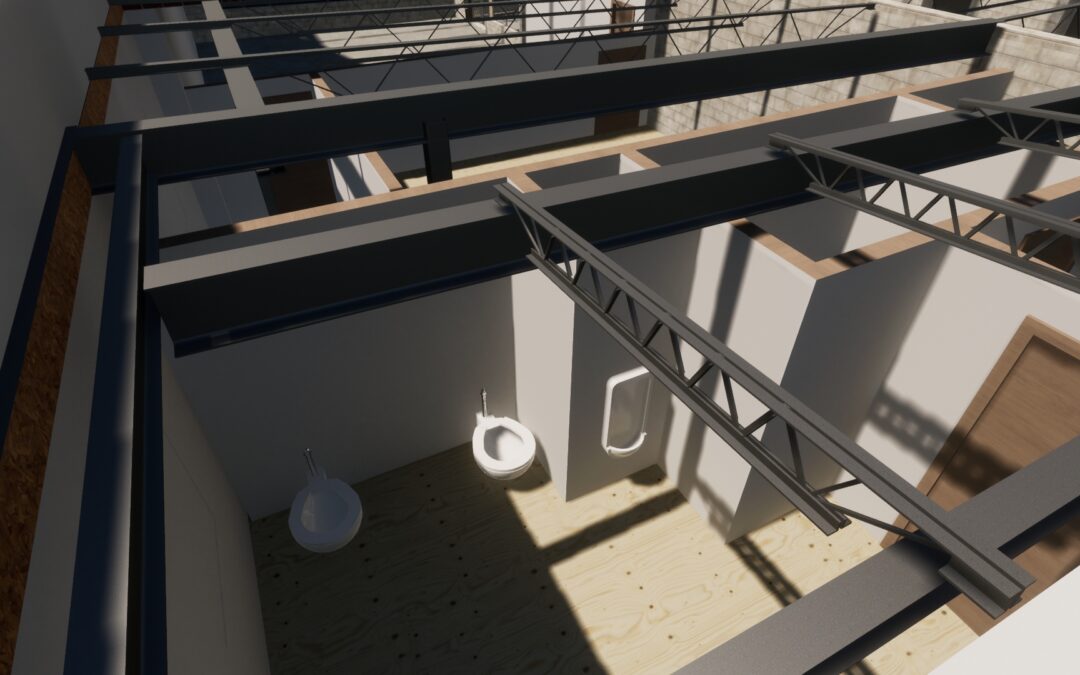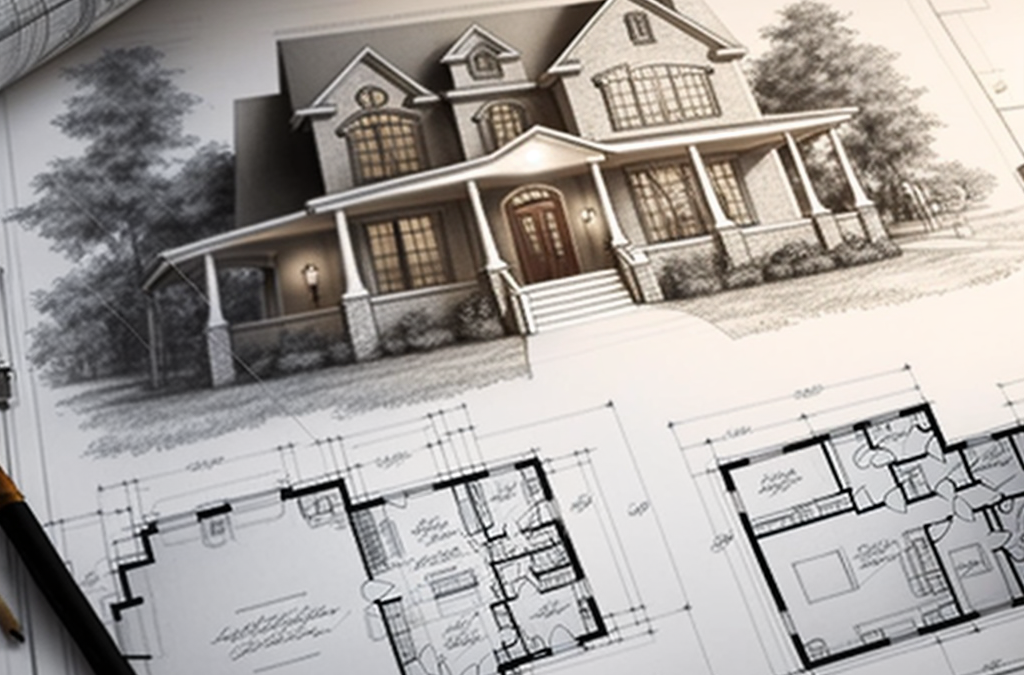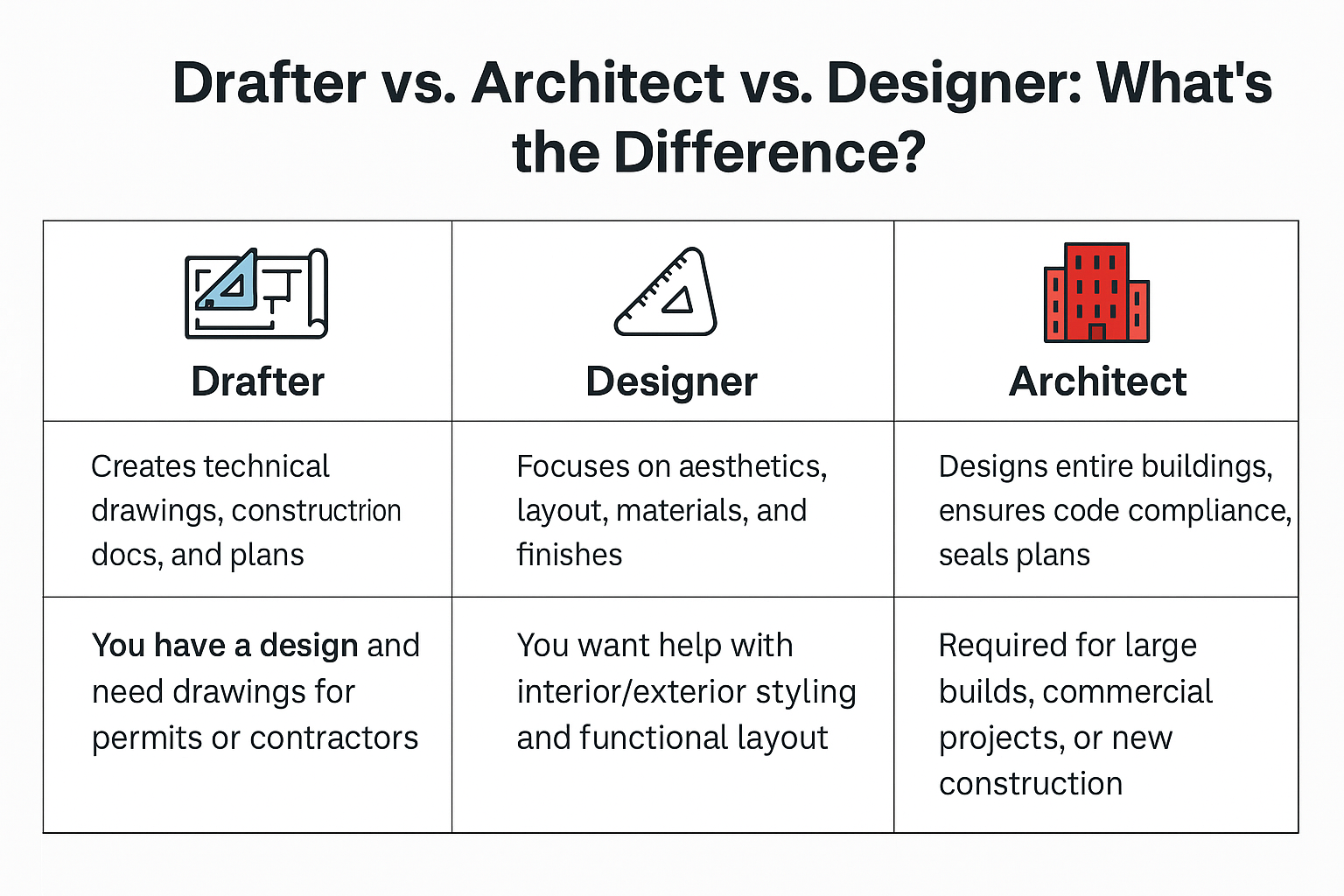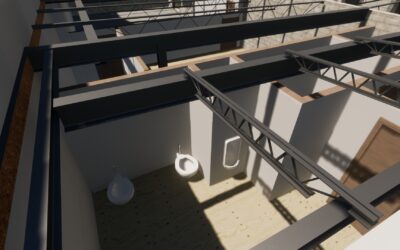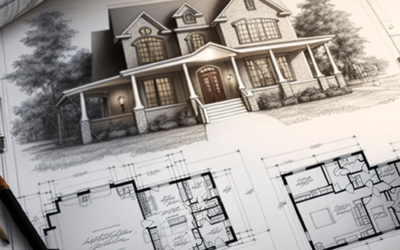Discover the Essentials of Small Deck Design
Small Deck Design: What to Know Before Building
As small outdoor decks become increasingly popular, proper planning is crucial to maximize their potential. Whether you’re looking to create a cozy retreat or an entertainment hub, understanding the basics of design and construction can make all the difference.
The Rise of Small Outdoor Decks
In recent years, small outdoor decks have gained popularity as homeowners seek to enhance their living spaces without overwhelming their yards. These compact yet functional additions offer a perfect blend of style and utility, making them a favorite among DIY enthusiasts and professional builders alike. However, successful deck projects require careful planning to ensure they meet both aesthetic and practical needs.
Planning is the cornerstone of any successful deck project. From selecting the right materials to understanding local building codes, each step requires thoughtful consideration. By investing time in the planning phase, you can avoid common pitfalls and create a deck that not only complements your home but also enhances your outdoor lifestyle.
Designing for Your Lifestyle
Define How You’ll Use the Deck
Before embarking on your deck-building journey, it’s essential to define its purpose. Will it be a serene spot for morning coffee, a lively area for weekend barbecues, or a versatile space for both relaxation and entertainment? Consider your lifestyle needs and how the deck will fit into your daily routine. By tailoring the design to your specific activities, you can create a space that truly enhances your outdoor living experience.
Evaluate Site Dimensions
Assessing Your Deck's Footprint
When embarking on your deck-building journey, it’s essential to measure your site accurately and check for any codes or restrictions that could impact your project. Space constraints can limit the size and shape of your deck, so be sure to assess your available area carefully. Additionally, familiarize yourself with local zoning rules and building codes, as these regulations dictate everything from deck height to structural safety. If you live within a homeowners association, be mindful of their restrictions which may include specific design guidelines or materials. Taking the time to understand these factors before construction will ensure your project adheres to all necessary regulations, allowing you to create a beautiful and compliant outdoor space.
Select Suitable Deck Materials
Design for Practical Use
Enhancing Deck Functionality
Creating a functional and comfortable deck layout involves thoughtful planning. Incorporate built-in seating to maximize space and add planters for a touch of greenery. Consider steps or multi-level designs to improve access and flow. Privacy screens can also enhance the ambiance, providing a cozy retreat.
To ensure your deck meets your needs, focus on optimizing the layout. Built-in features like seating and planters save space and add character. Multi-level designs can define areas for different activities, while privacy screens offer seclusion. These elements combine to create a harmonious outdoor living space.
Explore Before You Build
Visualize Your Deck Design
Before committing to your deck project, consider utilizing virtual reality (VR) walkthroughs or 3D mockups. These tools allow you to explore your deck design in a realistic setting, helping you make informed decisions about layout and materials. Our design support services offer access to advanced digital planning tools, ensuring your vision comes to life with precision and clarity. Whether you’re using SketchUp or other digital platforms, visualizing your deck beforehand can save time and resources, providing a clear path to your ideal outdoor space.
Bringing It All Together
Conclusion & Next Steps
As you embark on your small deck project, remember the importance of defining your deck’s purpose, understanding space limitations, choosing the right materials, and optimizing the layout for comfort. These steps are crucial for a successful build.


